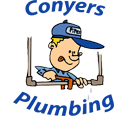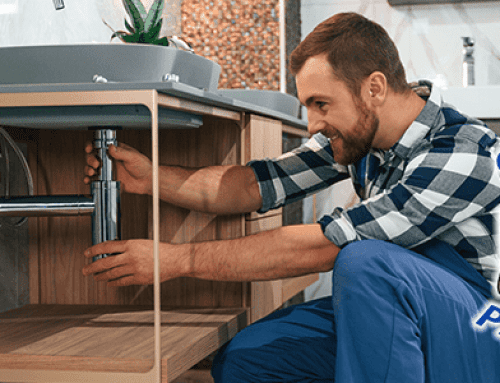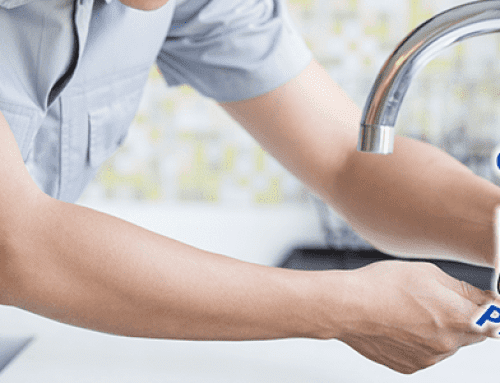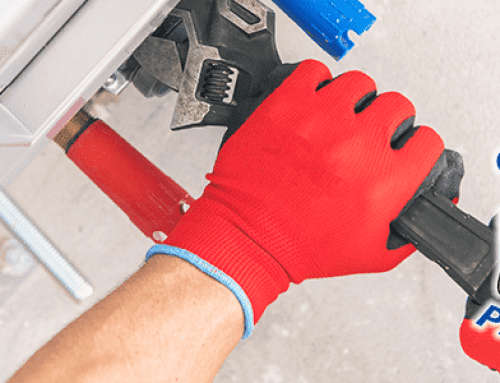The Importance of Having a Sump Pump in Your Home: Protecting Your Property and Family
Sump pumps – devices used to remove excess water from basements or crawl spaces – may not be the most glamorous home appliance. However, they are essential for protecting your home and property from water damage. A sump pump helps to drain excess water from your home, which reduces the amount of damage that water can do to your property. At Conyers Plumbing, we understand the importance of having a sump pump in your home. Here, we will discuss the benefits of investing in a sump pump, how they work, and the different types of sump pumps available.
What is a Sump Pump?
A sump pump is a device used in basements or crawl spaces to remove excess water. Sump pumps work by collecting water in a sump pit, commonly located in the basement or crawl space, and pumping it out and away from the house to a location that will not cause water damage. The sump pit is typically around two feet deep and 18 inches in diameter, but they can vary in size depending on the specific needs of your home.
Benefits of a Sump Pump
Prevent Water Damage
One of the main benefits of having a sump pump is that it can help prevent water damage in your home. When heavy rainfall or snowmelt occurs, water can seep into your basement, causing water damage to your flooring, walls, and personal belongings. Sump pumps can help prevent this by pumping excess water out of your house and away from your property.
Improve Indoor Air Quality
A damp basement can lead to mold and mildew, which can be harmful to your health as well as your home. Setting up a sump pump in your home is an investment in your health, as well. By removing excess moisture from your home, a sump pump can help improve indoor air quality and promote healthy living.
Increases Property Value
Having a sump pump system installed in your home can increase the value of your property. This can be particularly useful if you live in an area that experiences heavy rainfall or snowmelt. Buyers will be more attracted to a home that has these kinds of preventative measures in place.
Types of Sump Pumps
Pedestal Sump Pumps
One type available is the pedestal variant. These pumps are mounted above the sump pit and have a long, slender shaft that extends down into the pit. While pedestal sump pumps may be more affordable than other types of sump pumps, they are louder and have a shorter lifespan than other options.
Submersible Sump Pumps
Submersible sump pumps are the most common type of equipment. They are placed inside of the sump pit and are designed to be completely submerged in water. Submersible sump pumps are generally quieter and have a longer lifespan than their pedestal counterparts, but they are typically more expensive.
Water-Powered Sump Pumps
Finally, there are water-powered sump pumps. These types of sump pumps use water pressure to remove excess water from your basement. They do not require electricity to operate and can be a great option if you live in an area that experiences frequent power outages. However, water-powered sump pumps are not as efficient as other types of pumps, and they require a constant source of water to work correctly.
Conclusion
At Conyers Plumbing, we understand the importance of protecting your home and family. A sump pump is an essential tool for keeping your property free from water damage and microbiological growth. Installing a sump pump in your home is an investment in your health, as well as your property value. Different types of sump pumps are available, and your choice should depend on your specific needs. Contact us at Conyers Plumbing today to discuss your sump pump options. Here, our expert technicians will be glad to assist you.




